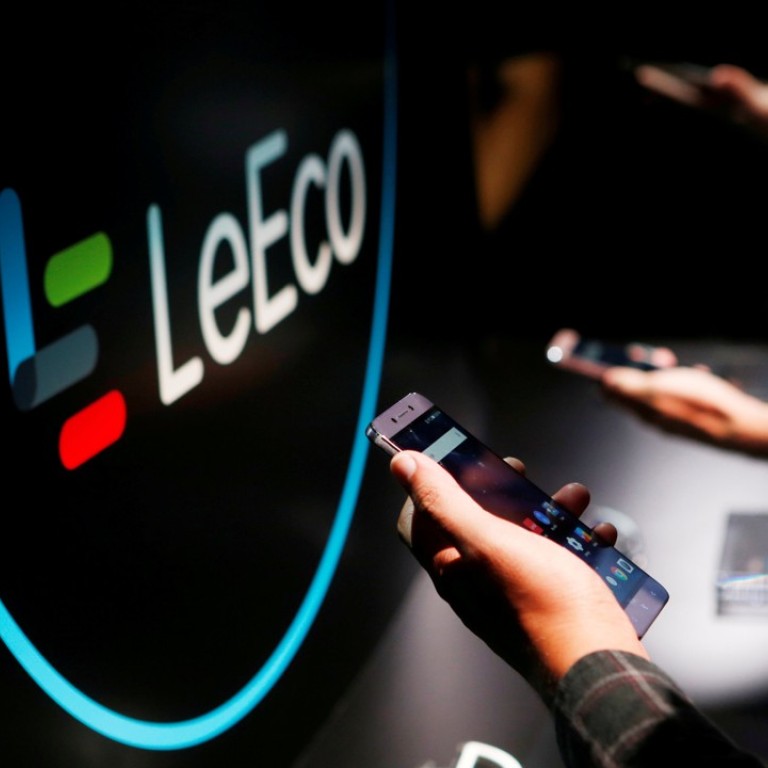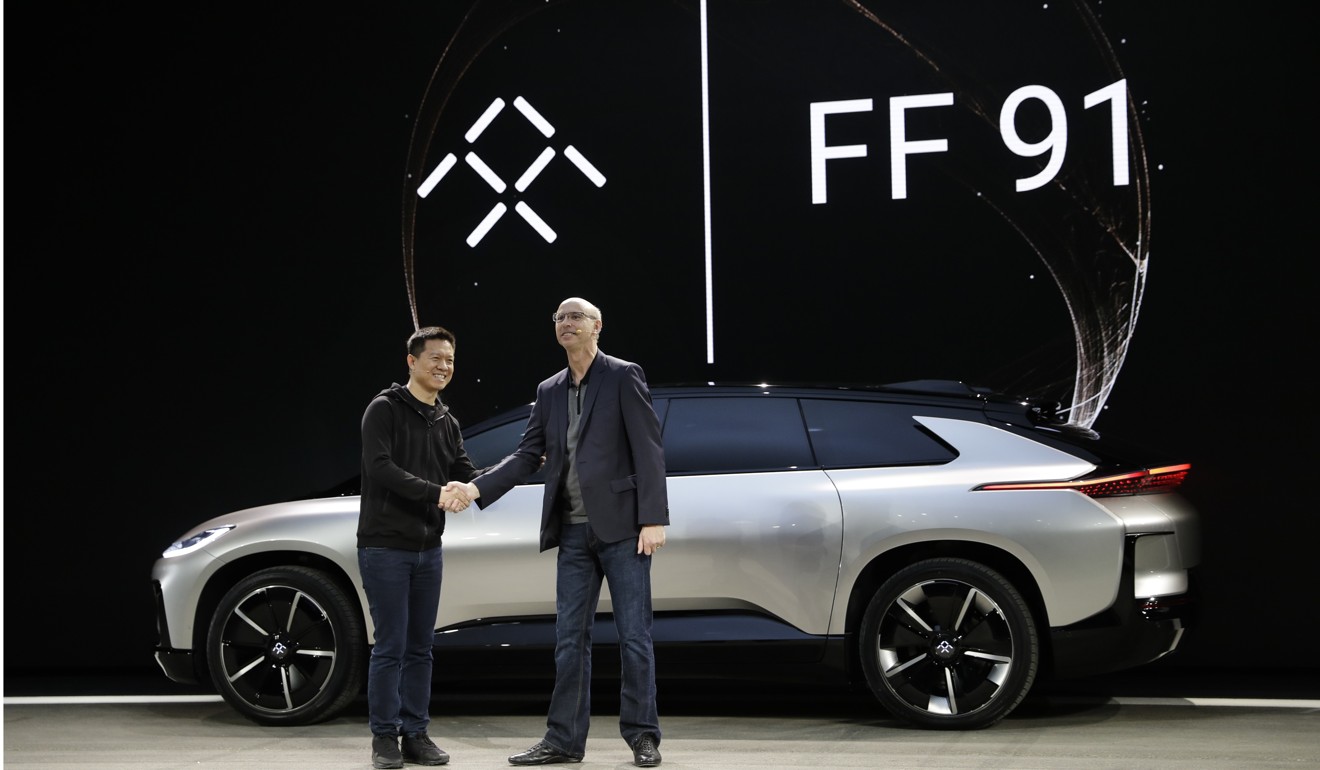
Financially troubled LeEco cuts 70pc of its US workforce
Chinese internet conglomerate LeEco has laid off about 70 per cent of its US workforce in an effort to streamline operations, less than six months after the company made its grand entrance into the North American market.
The news comes just days after LeEco founder Jia Yueting resigned from his position as chief executive of LeEco’s Shenzhen-listed arm Leshi Internet Information & Technology, and two months after LeEco slashed its workforce in India from 350 to about 80 employees as it sought to become more cost-effective.
The layoffs involving 325 US staff on Wednesday were attributed to “the challenges with raising new capital”, LeEco said in a statement, although it emphasised that it would continue operating in the US market with a focus on Chinese-speaking households.
“We will continue to operate in the US with our existing product portfolio that puts content at the heart of the experience, and we believe that our products can compete,” LeEco said in a statement. “We are committed to the US and supporting our existing customers.”
LeEco started out in 2004 as a Netflix-like video streaming site in China but quickly expanded into hardware, manufacturing its own smart televisions, smartphones and smart bicycles, and even establishing an electric car unit.
Last October, LeEco announced its entrance into the US with a flashy launch event in San Francisco, inviting hundreds of journalists to witness the event.
It had planned to compete with other entertainment giants like Netflix with its video streaming service, and months earlier announced that it would acquire TV maker Vizio in a US$2 billion deal as part of its efforts to sell Le-branded televisions to US consumers. The deal fell through in April, with LeEco blaming “regulatory headwinds”.
Just a month after its US launch, Jia wrote an internal letter to the staff stating that the company was rapidly running out of cash and had expanded quicker than it could raise capital. Within the next few months, LeEco seemed to unravel – suppliers came forward with lawsuits demanding missed payments, and market rumours spread that LeEco’s sports streaming subsidiary LeSports defaulted on broadcast payments to the English Premier League, resulting in interrupted coverage for subscribers.

In March, LeEco also reportedly agreed to sell the 49 acres of Silicon Valley land that it bought from Yahoo in June 2016 to Chinese real estate developer Genzon Group, according to a Reuters report. The company originally planned to build a sprawling “EcoCity” that could house 12,000 employees and serve as LeEco’s US headquarters.
Faraday Future, the US-based electric car venture backed by Jia, also ran into its own problems, with high-ranking executives leaving the firm in quick succession.

